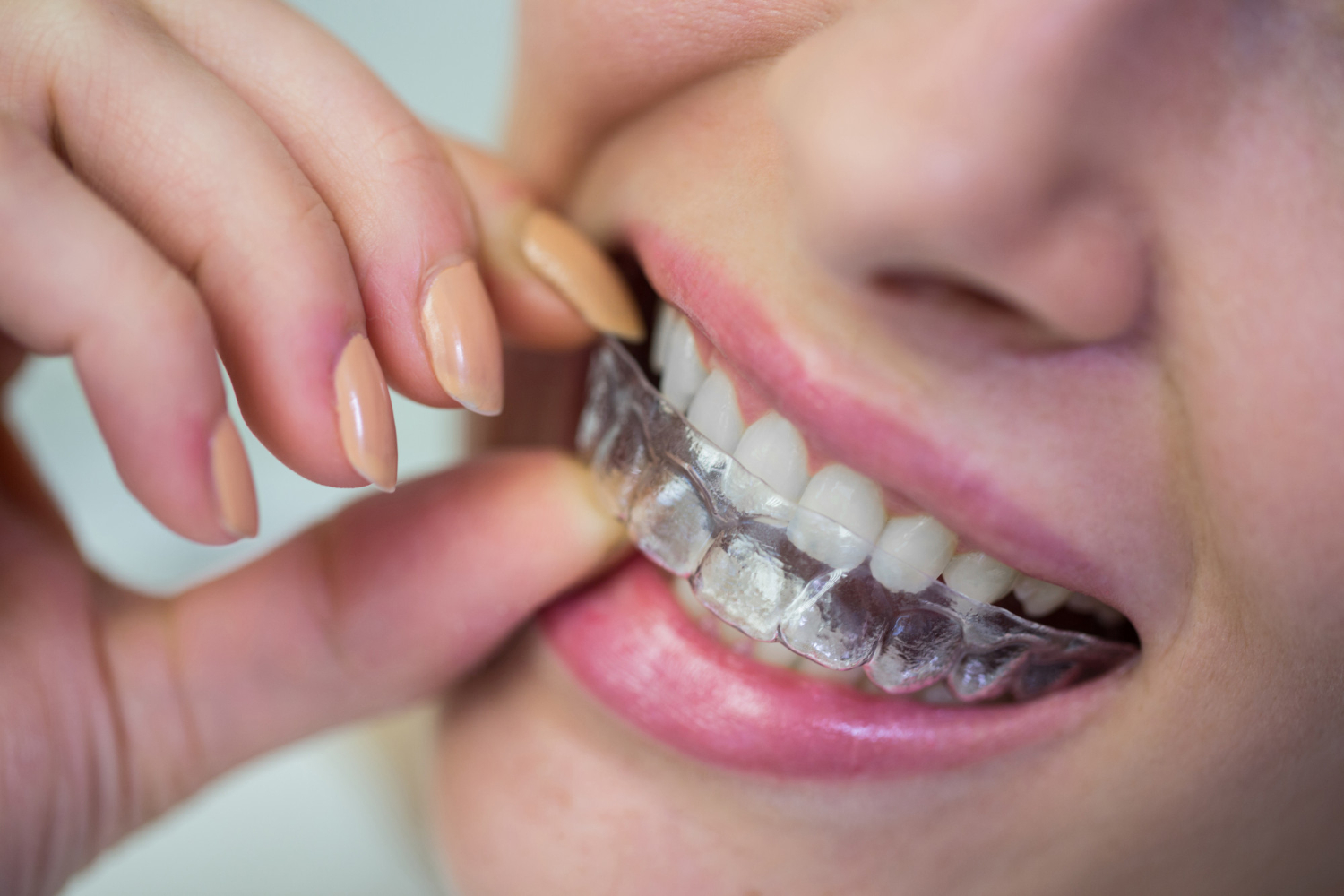Excedrin is a widely used over-the-counter medication, primarily known for its effectiveness in alleviating headaches, including migraines. However, for breastfeeding mothers, the decision to take any medication raises important health considerations for both themselves and their newborns.
This article aims to clarify the safety of Excedrin during breastfeeding, providing essential insights into its ingredients, the effects on breast milk, and alternative pain relief methods.
Table of Contents
ToggleUnderstanding Excedrin
What is Excedrin?
Excedrin is a combination pain reliever that typically contains three active ingredients: acetaminophen, aspirin, and caffeine.
Acetaminophen serves as a fever reducer and pain reliever; aspirin, a non-steroidal anti-inflammatory drug (NSAID), alleviates pain and inflammation; while caffeine enhances the effectiveness of acetaminophen and aspirin, often providing an added boost in relieving headache symptoms.
Due to its multifaceted action, Excedrin is commonly used to treat conditions such as headaches and migraines.
Mechanism of Action
The way Excedrin alleviates pain involves several mechanisms. Acetaminophen acts by inhibiting certain chemicals in the brain that signal pain, while aspirin reduces inflammation, which can contribute to headache discomfort.
Caffeine, on the other hand, can constrict blood vessels and counteract headache symptoms. Despite its effectiveness, it is essential for breastfeeding mothers to consider potential side effects, which may include gastrointestinal upset, allergic reactions, and risk of bleeding due to aspirin.
Breastfeeding Basics
The Importance of Breastfeeding
Breastfeeding offers numerous benefits for both mothers and infants. It provides essential nutrients to the baby, boosts their immune system, and fosters emotional bonding.
The World Health Organization (WHO) and the Centers for Disease Control and Prevention (CDC) recommend exclusive breastfeeding for the first six months, highlighting its significance for the baby’s health and development.
What Happens to Medications in Breast Milk?
Understanding how medications interact with breastfeeding is crucial. Many drugs, including Excedrin, can pass into breast milk, albeit in varying concentrations.
Factors that influence this process include maternal health conditions, the dosage of the medication, and the individual properties of the drug. For many medications, the amount transferred to breast milk is often low, but it still requires careful consideration.
Safety of Excedrin While Breastfeeding
Understanding the Risks
When it comes to Excedrin, the potential risks of its ingredients on breastfeeding infants should not be overlooked. Acetaminophen is generally considered safe for nursing mothers, as studies indicate minimal transfer into breast milk.
However, imparting aspirin to infants can be concerning due to the risk of Reye’s syndrome, a rare but serious condition. Furthermore, caffeine may lead to increased alertness in infants or affect their sleep patterns, necessitating caution.
Current Recommendations
Current guidelines suggest that the occasional use of Excedrin during breastfeeding may be permissible, particularly if the pain relief is necessary and other alternatives have been exhausted. However, decisively differentiating between Excedrin formulations is important.
For example, Excedrin Extra Strength contains a higher dose of acetaminophen, which could increase the risk of side effects if used frequently. Consulting with a healthcare professional is essential to evaluate the benefits versus potential risks for both mother and baby.
Alternatives to Excedrin
Non-Medication Approaches
For those reluctant to take Excedrin while nursing, several non-medication strategies can effectively manage headache symptoms:
- Hydration: Staying hydrated is vital, as dehydration can often trigger headaches.
- Rest and Relaxation: Utilizing relaxation techniques such as deep breathing or meditation can help alleviate stress-induced headaches.
- Cold Compress: Applying a cold compress to the forehead or neck can provide immediate relief.
Safer Medication Options
If pain relief is necessary, discussing alternative medications with a healthcare provider is wise. Options such as ibuprofen may be considered as it is generally regarded as safe during breastfeeding and poses a lower risk of adverse effects.
Homeopathic remedies or herbal teas specifically marketed for breastfeeding mothers can also provide safe alternatives for pain management.
Consulting Healthcare Professionals
Importance of Professional Guidance
Communication with healthcare professionals is paramount for breastfeeding mothers attempting to manage pain effectively.
When consulting with doctors or lactation consultants, it’s crucial to provide comprehensive information about the specific circumstances and symptoms guiding medication decisions. This open dialogue fosters a well-informed approach to health choices during breastfeeding.
Questions to Ask Your Doctor
Here are some suggested questions to aid in understanding the safety and effectiveness of any medications during breastfeeding:
- What are the potential side effects of this medication on my baby?
- Is there a safer alternative that you recommend?
- How should I manage my pain without jeopardizing my breastfeeding routine?
Final Thoughts
Navigating the complexities of medication during breastfeeding is of utmost importance for both mother and baby. Finding a balance between necessary pain relief and the safety of breast milk is achievable with proper knowledge and professional guidance.
By understanding the risks associated with Excedrin and exploring alternative methods, mothers can prioritize their health while ensuring the well-being of their infants.
Staying informed and proactive about health decisions will empower breastfeeding mothers to make confident choices that benefit their family as a whole.
FAQs
Is it okay to take Excedrin occasionally while breastfeeding?
It may be acceptable to use Excedrin occasionally; however, infrequent usage is preferred, and it should always be discussed with a healthcare provider.
What should I do if I accidentally take Excedrin while breastfeeding?
If Excedrin is taken inadvertently, monitor for any unusual symptoms in the infant and consult a healthcare professional for further advice and reassurance.
Can I use other forms of pain relief while breastfeeding?
Yes, many alternatives exist. Safe options include ibuprofen and various non-medication strategies, ensuring a comprehensive approach to pain management without adversely impacting breastfeeding.









